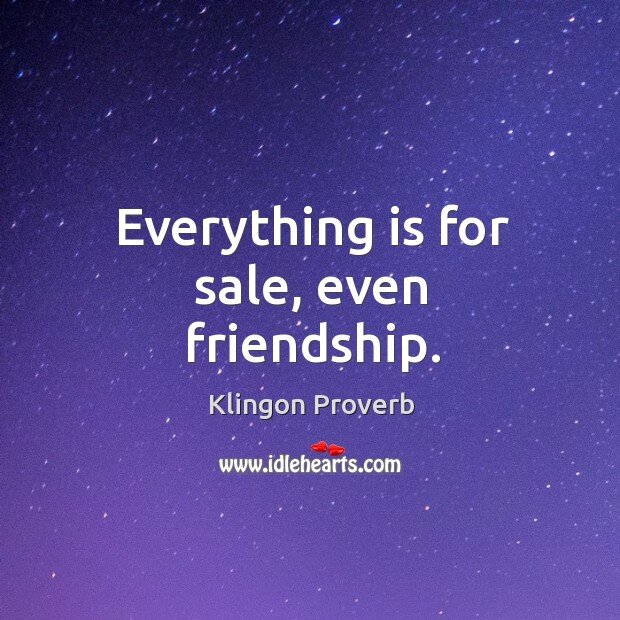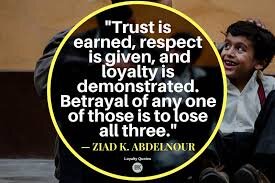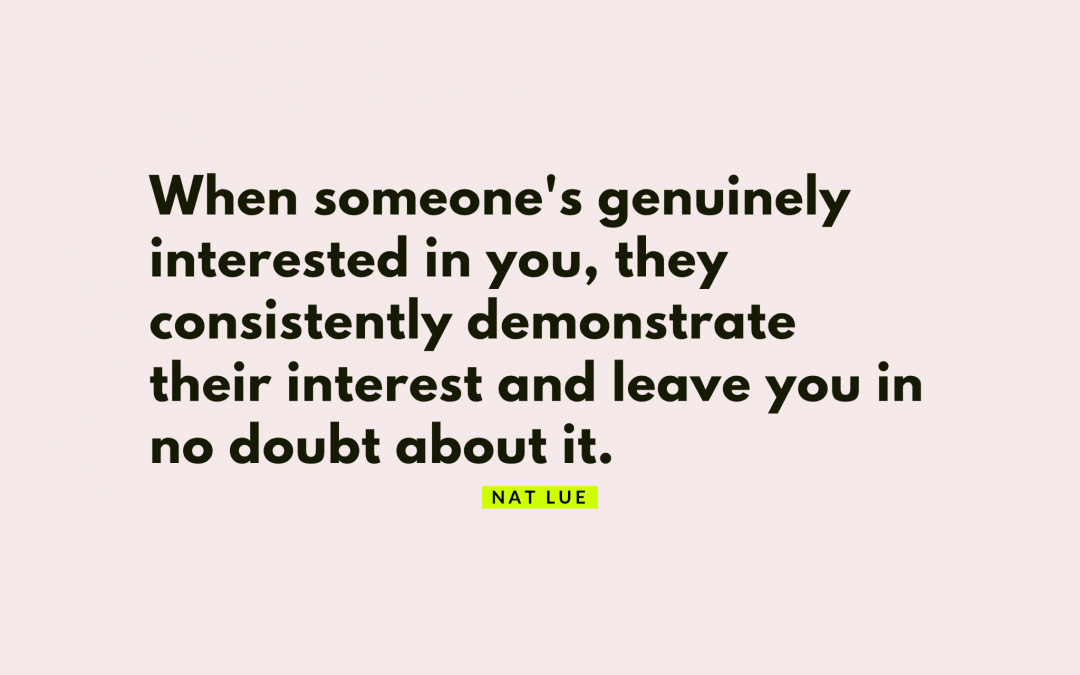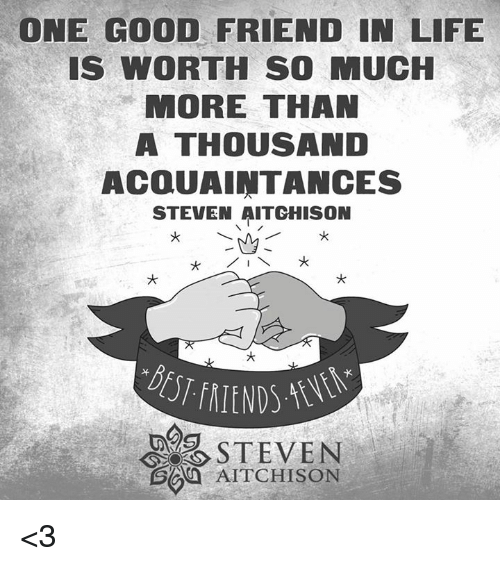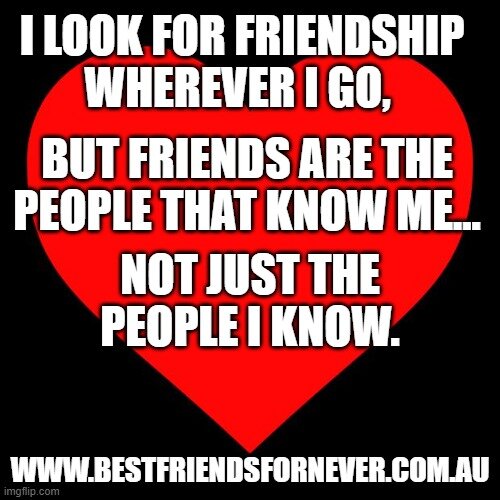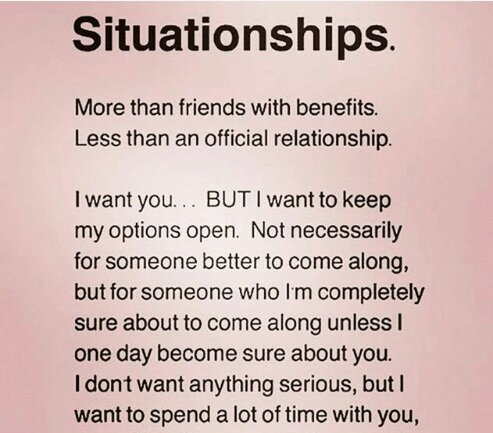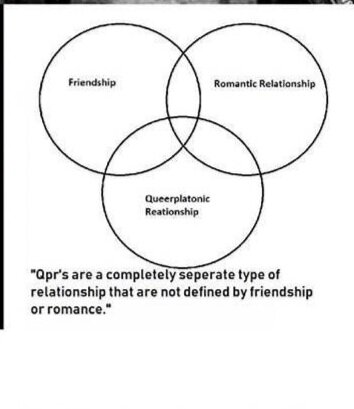Making friends as an adult is hard. So, if you have found yourself in a position where you need some new ones as life has gone on, it can seem extremely daunting. I have written about this several times, and I stand by it. However, it doesn’t have to be hard. If you have an open mind and heart, and a friendly disposition, making new friends can be as simple as a cup of coffee. (Says the only adult woman on the planet who does not drink coffee?! Haha)
Recently, the warmest, friendliest, most inviting and open-minded friend I have shared a heart-warming story of making a new friend. To be fair, friendship seems to be a natural state for this woman. Everyone she meets becomes a friend of sorts. She is just so cheerful and enigmatic that you can’t help but be drawn in by her. She is an empath, can really sense and read people well, and thrives on human connection. She is also extremely inclusive, connecting people together if she thinks they will gel well, with only joy in her heart if those two people connect, even if it comes at her expense.
I admire this about this friend, and many other things. She is just a people person. And her story of this new friendship reflected it perfectly. My friend owns her own business. She is very popular in the local community, often busy to the point she is turning clients away for lack of time to meet the needs of everyone. Her line of work sometimes requires some pretty specific equipment, which she has to source from far and wide, and replace regularly. Last month she was selling an item she had replaced, which still had some life left in it.
Because the item was specific to her area of expertise, it was of no surprise when a competitor contacted her asking for the price of the item. Many people I know would be reluctant. Hesitant to help the competition. But not my friend. Instead, she insisted the asking price for the item was a coffee and a chat, to which the competitor willingly agreed! Bargain!
The 2 women met for said coffee, the item changed hands, and they sat and chatted for half an hour. Tricks and tips of the trade were exchanged. Referrals and a mutually beneficial business pairing transpired. Happy stories and some venting about the specific stresses of the working environment were shared too, and in only half an hour the 2 women who would otherwise have had none of these benefits walked away with the best one of all. A new friend.
Many of us would be too concerned with rejection or seeming “weird and desperate” to follow such an approach. Many others might argue it seems unsafe, even if the 2 women met in a public place. Some of us would assume that the other person would be put off by the mere suggestion. My friend is unconcerned with any of that. She recognises that at our core, most of us crave and welcome new connections, and isn’t afraid to be the one to go first.
When I met her, in a group setting, she was the first to take me under her wing and make me feel welcome. She was the one to invite me to social events I would otherwise not have known about. She was the one who attempted to spend time with me alone. And although it took years for our connection to fully blossom, she was the one who patiently waited for the timing to be right. She was the one who never gave up, who never insisted it be more or less than what it was. She always welcomed and accepted whatever came of it.
That is not to say she hasn’t suffered her fair share of rejections and loss, betrayal and heartbreak. She has. However she doesn’t let it define her. She isn’t afraid of falling because she isn’t afraid of starting again. She isn’t lonely because she sees strangers as friends she hasn’t met yet. She shows genuine interest in people and is naturally forgiving. However she is also wise in her investments. She will hold space for everyone, but only those who are worthy get to really know her.
I have much to learn from this person, and I enjoy the lessons so much I wanted to share them all with you. Go first. Don’t be concerned with what someone thinks of you before they know you. Be kind first and right second. Assume the best of people and not the worst. Be a friend to people and see what blossoms in return. Be complimentary and kind and curious and cheerful. Make people smile by being comfortable in yourself, and they will be comfortable with you too.
Think of this next time you are selling something you no longer need or use. The person buying it and yourself likely have common ground…. can you afford to invest a little time? Can you afford not to?
❤ Love,
Your Best Friend ForNever
xx
Friendship is the same x


